The right not to access the internet (and beyond)
Guest Lecturer: Dr Dariusz (Darek) Kloza
Short Bio:
Dr Dariusz (Darek) Kloza is a senior researcher at the Human Rights Centre (HRC) at Ghent University. His expertise concentrates on international fundamental rights law, especially the rights to privacy and personal data protection. He is also a part-time Senior Data Protection Expert in the Brussels office of Van Bael & Bellis, where his practice focuses on data protection law.
Abstract:
I discuss if there is, or if there should be, a right not to access the internet, or – even – a right to be excluded from the information society, from technological progress, etc. I also look at the prospects of such a right (not) being included in a standard catalogue of human rights in a few decades.
My contribution is motivated by an observation that, nowadays, various services have become available predominantly – and sometimes only – via the internet. Overall, these days, life without internet access has become unduly burdensome and – at times – impossible.
While I do not negate that the ‘digital divide’ is a negative phenomenon, I argue that both the debates on, and the practice of, overcoming such a ‘divide’ tend to neglect a complementary point: while leaning towards a de facto obligatory inclusion in the information society, neglected is the choice of individuals not to partake therein. Furthermore, any obligation to use technologies is often unfair, especially towards people who do not know how to or cannot afford to use them.
I argue that human rights could be successfully invoked to protect individuals against a de facto obligatory inclusion in the information society. This is nothing new as there exists (or, interpreted have been) already many human rights that safeguard some degree of exclusion, e.g. the right to privacy or the so-called negative aspects of the freedom of expression (e.g. a right not to express oneself) or assembly (e.g. a right not to join a social group). The prohibition of discrimination on the grounds of e.g. age, income or literacy might also be invoked in this context. Alternatively, a new right to be excluded from the information society might be separately recognised. I conclude by discussing the prospects of protecting (a degree of) exclusion by means of human rights
The right not to access the internet (and beyond)
The right not to access the internet (and beyond)
Guest Lecturer: Dr Dariusz (Darek) Kloza
Short Bio:
Dr Dariusz (Darek) Kloza is a senior researcher at the Human Rights Centre (HRC) at Ghent University. His expertise concentrates on international fundamental rights law, especially the rights to privacy and personal data protection. He is also a part-time Senior Data Protection Expert in the Brussels office of Van Bael & Bellis, where his practice focuses on data protection law.
Abstract:
I discuss if there is, or if there should be, a right not to access the internet, or – even – a right to be excluded from the information society, from technological progress, etc. I also look at the prospects of such a right (not) being included in a standard catalogue of human rights in a few decades.
My contribution is motivated by an observation that, nowadays, various services have become available predominantly – and sometimes only – via the internet. Overall, these days, life without internet access has become unduly burdensome and – at times – impossible.
While I do not negate that the ‘digital divide’ is a negative phenomenon, I argue that both the debates on, and the practice of, overcoming such a ‘divide’ tend to neglect a complementary point: while leaning towards a de facto obligatory inclusion in the information society, neglected is the choice of individuals not to partake therein. Furthermore, any obligation to use technologies is often unfair, especially towards people who do not know how to or cannot afford to use them.
I argue that human rights could be successfully invoked to protect individuals against a de facto obligatory inclusion in the information society. This is nothing new as there exists (or, interpreted have been) already many human rights that safeguard some degree of exclusion, e.g. the right to privacy or the so-called negative aspects of the freedom of expression (e.g. a right not to express oneself) or assembly (e.g. a right not to join a social group). The prohibition of discrimination on the grounds of e.g. age, income or literacy might also be invoked in this context. Alternatively, a new right to be excluded from the information society might be separately recognised. I conclude by discussing the prospects of protecting (a degree of) exclusion by means of human rights
